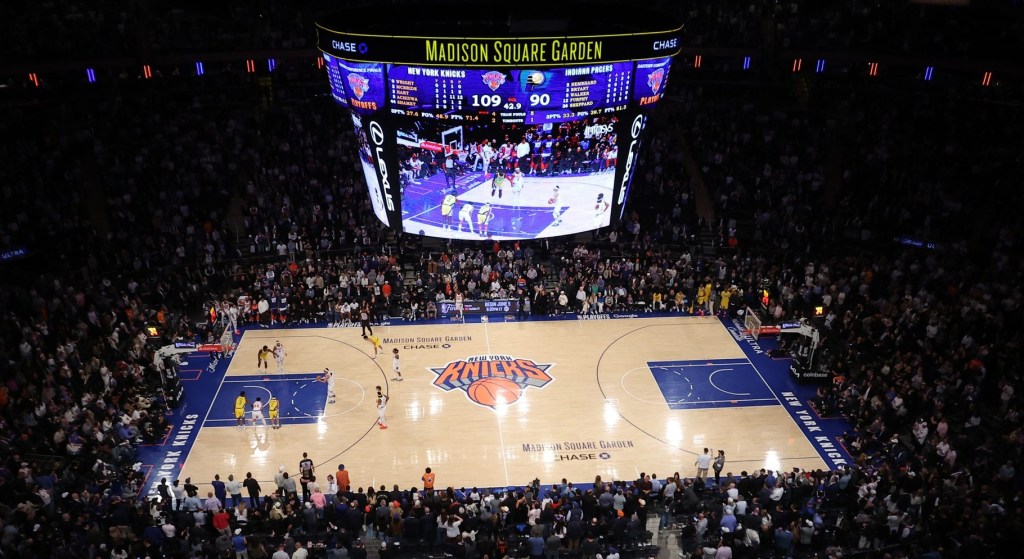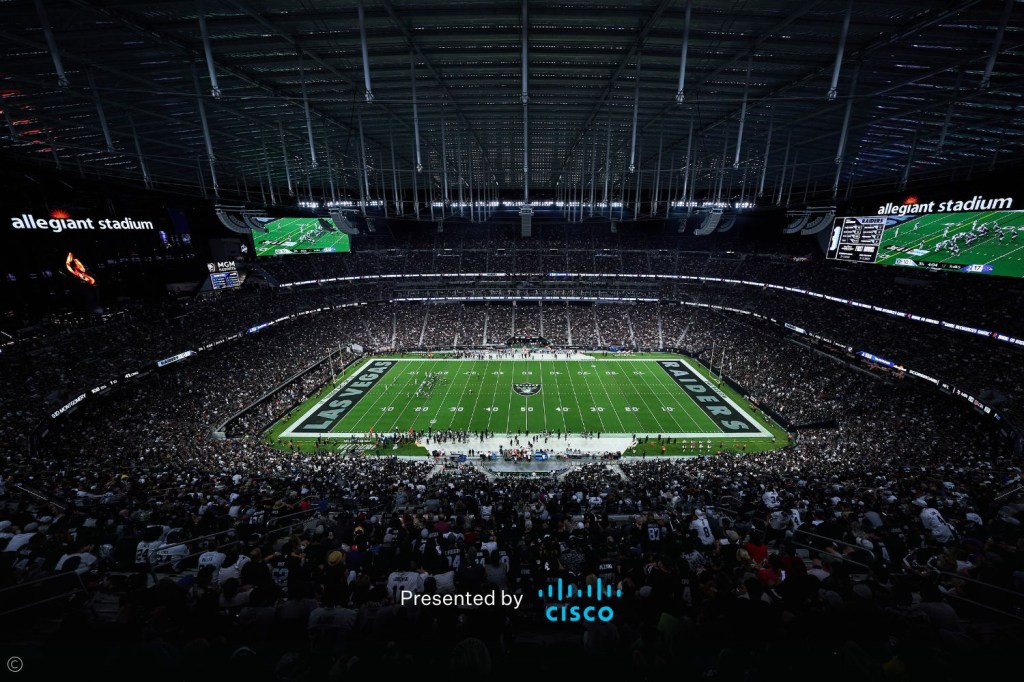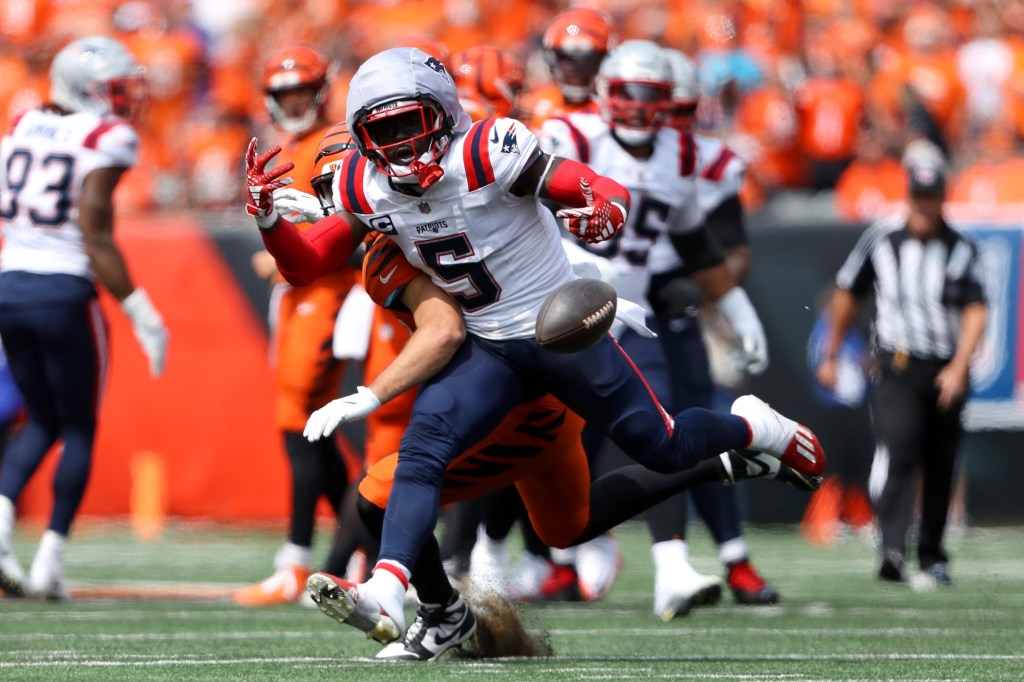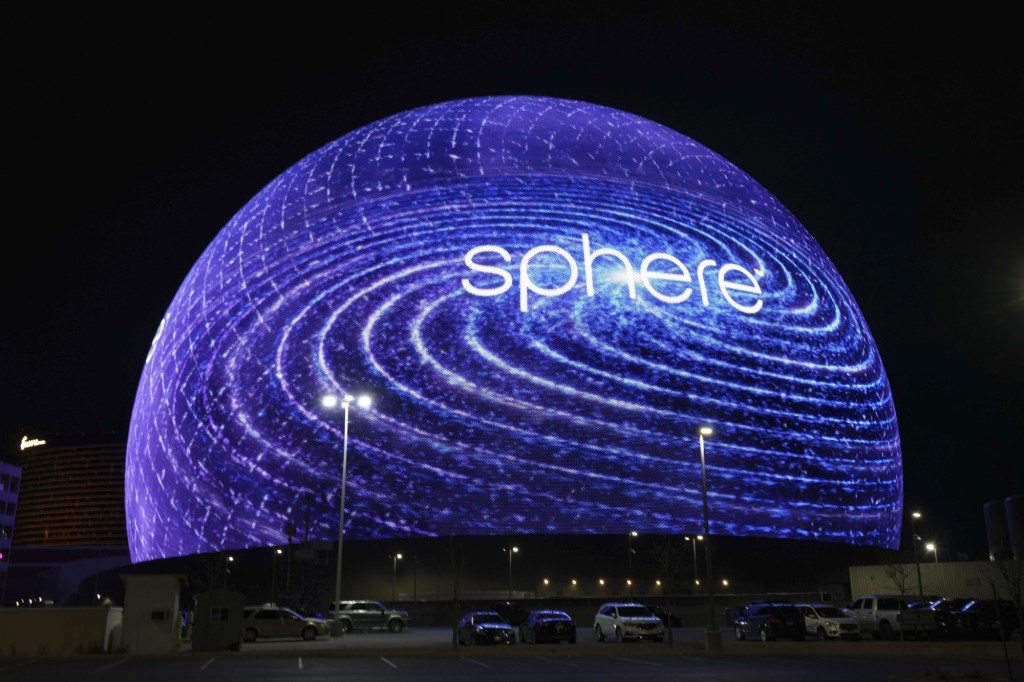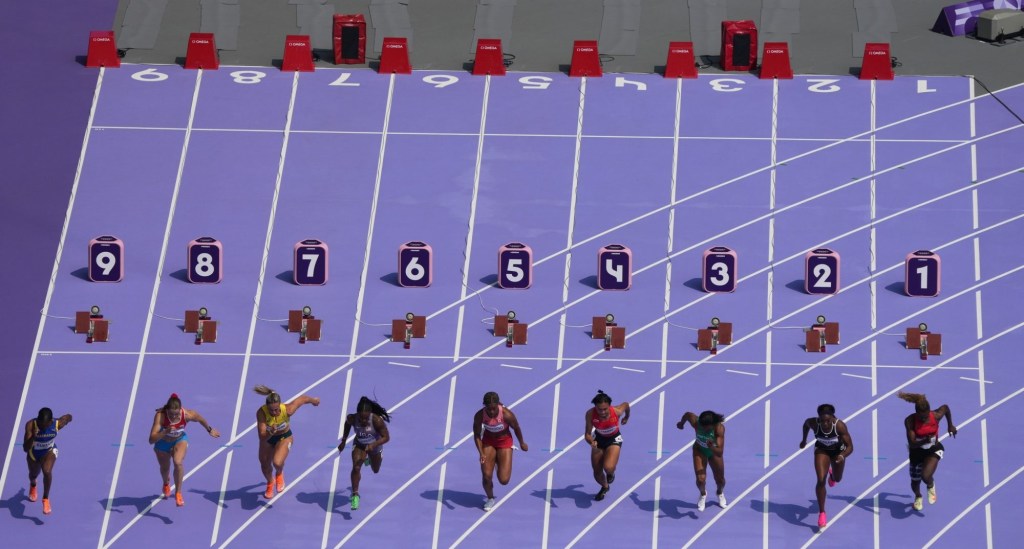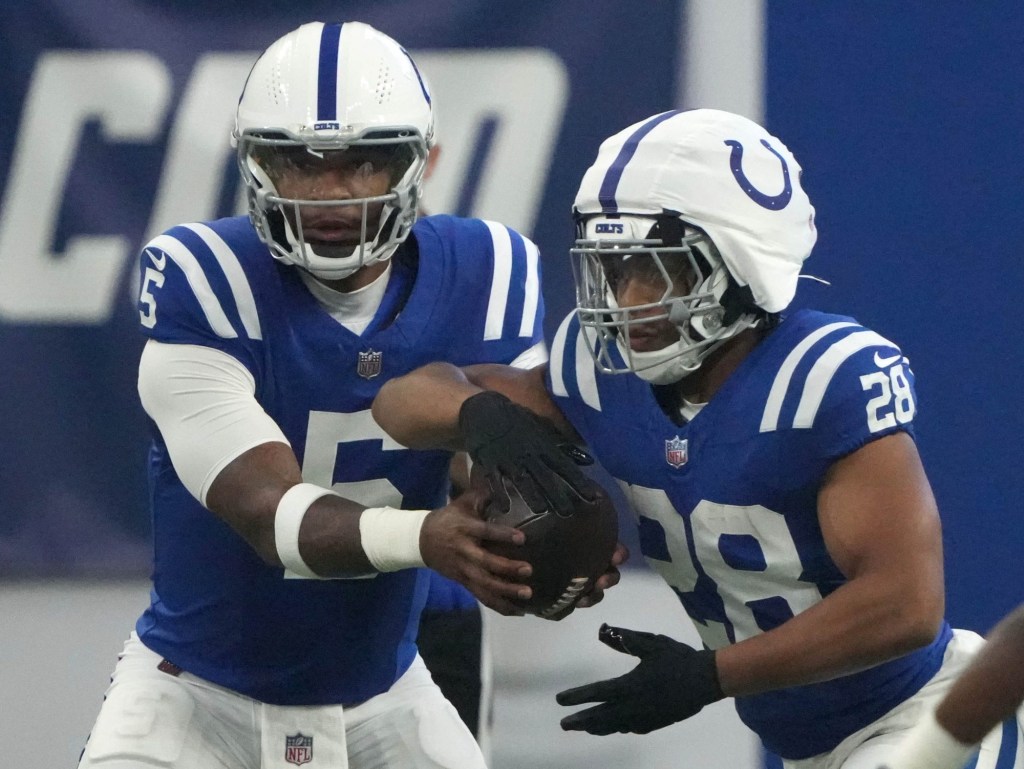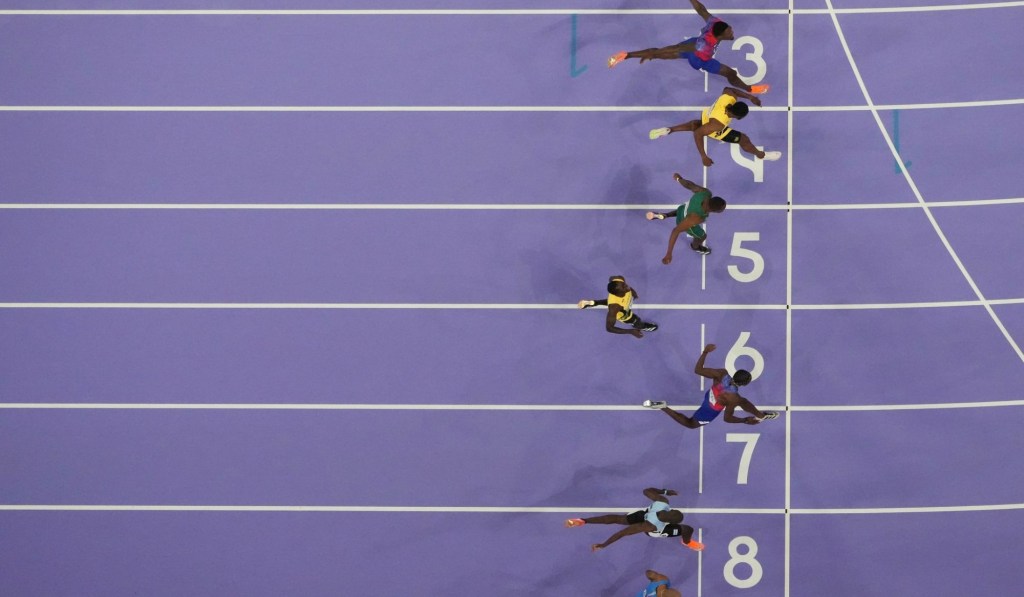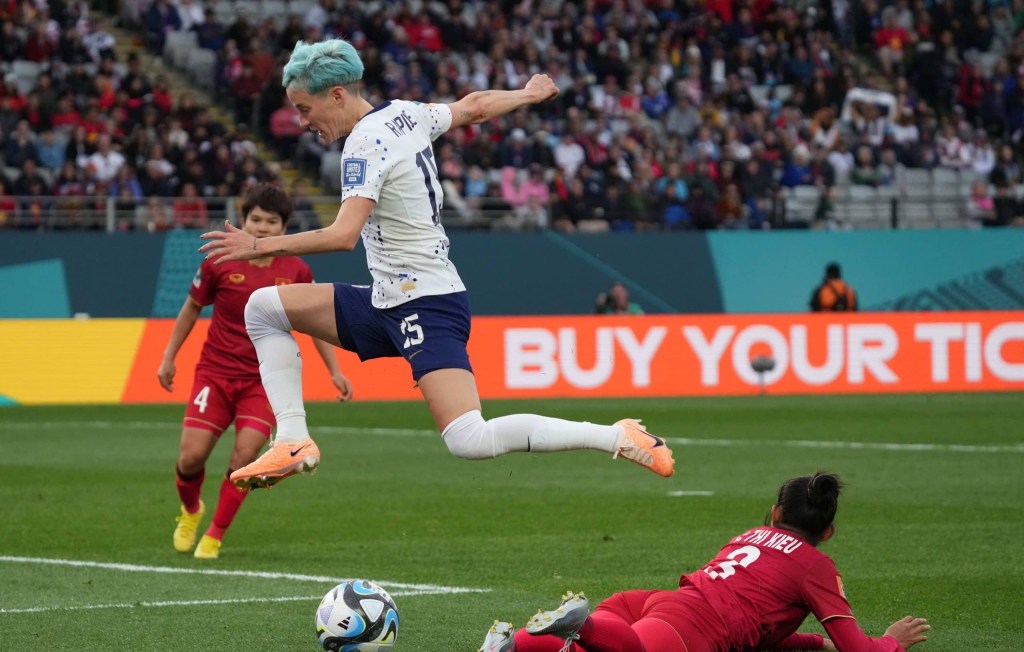
With the 2022 Winter Olympics in Beijing approaching, the NHL is amping up its efforts to grow a fanbase in China, the world’s most populous nation.
Working behind efforts from the Chinese government to actively grow winter sports ahead of the Olympics, the NHL realized a “tremendous opportunity to popularize the best hockey in the world,” according to Dan Kim, NHL senior vice president of media distribution and strategy. The league is taking a multi-prong approach to grow its Chinese fanbase, from on-the-ground preseason games to an all-encompassing digital blitz.
“Given the perfect storm of events, we felt it was a market that’s too attractive not to look at,” Kim says. “What we’re really looking to do is expand the base of hockey, knowing we have to focus on the core fans in China that love and play hockey and find ways to serve that audience, but also develop and build a more passive fanbase, no different than here and Canada.
“Really the goal is to build as big of a fanbase as possible whether that’s through games, highlights or creating new and unique Chinese content.”
READ MORE: Kobe Bryant Increases Chinese Presence through New Web Store
The league started to play preseason games in China, with the Vancouver Canucks and Los Angeles Kings playing games in Shanghai and Beijing in 2017, followed by last season’s Shenzhen and Beijing games between the Boston Bruins and Calgary Flames. The NHL also broadcasts nearly 20 games a week during the regular season with its broadcast partners Tencent and CCTV5+. With digital partner Tencent, seven games are broadcast on free streams, with another seven coming through a premium sports package. On CCTV5+, the second largest sports network, four to five games a week are broadcast to its 700 million viewers. Additionally, CCTV5+ has brought crews to broadcast the Stanley Cup Final.
But to effectively reach the more than 1.3 billion Chinese, the league recognized it would need to do so with a digital focus as the mobile numbers in China are massive in numbers. According to Forbes, 802 million people use the internet in China – 57.7% of the population, with 788 million of those on mobile. By contrast, the U.S. has an approximate population of 327 million. With those statistics in mind, the NHL launched official accounts on the two largest Chinese digital platforms, Weibo and WeChat, in 2017.
The approach on digital platforms also isn’t the same as in the U.S. on the likes of Facebook, Twitter and Instagram. Business is a whole different beast and for an entity to fully understand how to approach consumers, it has to do so on the ground.
“We can prepare as much as we can, but it isn’t until you go over and do business and realize the importance of relationships,” Kim says. “We launched both Weibo and WeChat and nurture them and grow the engagement and grow a healthy social media relationship.”
Now, as the NHL continues to build its digital presence in China, this month the league launched an official account on Dongtu. Essentially the GIPHY of China, Dongtu is integrated into more than 3,000 apps, resulting in more than 75 billion views per month. The NHL is the first sports league to launch an official account on the platform. Through the middle of May, the NHL received 83 million GIF views.
“We’re excited to offer the Dongtu platform as a single touchpoint for the NHL across thousands of new Chinese apps to engage hundreds of millions of potential fans,” Dongtu co-Founder Grant Long said in a release.
[mc4wp_form id=”8260″]
Kim says NHL executives taking notes from the NBA, which he said is the gold standard of professional sports leagues in China. The NBA has long been active in China, resulting in a Beijing league office opening in 2008, there are also offices in Shanghai, Hong Kong and Taipei. Since 2004, 17 NBA teams have played 26 games in China. On the partnership side, 25 companies have helped the NBA engage fans in China, including Adidas, Nike, Spalding, Anheuser-Busch, Gatorade and Clear.
“Of course we have to look at the NBA,” Kim says. “But they’ve been in the market for 20 to 30 years, and we’ve had meaningful engagement for three years. We’re just at a different stage, but of course it’d be silly not to try and adopt the best practices.”
The NBA is in its 32nd season with CCTV and 22nd with BesTV, garnering 642 million viewers during the 2017-18 season. Digitally, more than 143 million viewers watched NBA programming on Tencent and it’s the most-followed sports league on social media with 184 million followers, as of NBA data on Feb. 12.
There are also three training centers operated by NBA China, as the league works with the Chinese Ministry of Education and Chinese Basketball Association (CBA) to grow the game, with curriculum in 4,000 schools and 4 million students.
“Basketball continues to be on a huge growth curve in China,” NBA Commissioner Adam Silver said at the China Games in 2018. “I believe we can be the No. 1 sport in the world. When I look at the trajectory of growth, the fact that young people, boys and girls, continue to love this sport, are playing this sport, are engaged in the sport of basketball on social media or with online games, I don’t know what the limit is.”
According to the CBA, more than 300 million people play basketball in China, against a Chinese hockey bureau estimate of 12,000 hockey players. Kim says hockey participation numbers are hard to come by, but with efforts potentially growing to that of the NBA, they could grow significantly.
“We do know there are pockets of hockey players,” he says. “In the major cities, we’ve seen a lot of youth adult hockey being played with a love of the game and fervor that isn’t inconsistent with what we see while growing the game here.”
READ MORE: UFC Looks to Asia as Next Frontier of Expansion Efforts
The NHL is working to grow hockey worldwide, with a strong focus on European countries with deep hockey histories, but none offer the sheer numbers like China.
“We don’t have that long history in China, but what we do find is hockey fans are similar everywhere,” Kim says. “The game speaks for itself, once people become fans, we tend to have them for life.”
History will be made in 2022. And there is still roughly three years to prep for that.

![[Subscription Customers Only] Jul 13, 2025; East Rutherford, New Jersey, USA; Chelsea FC midfielder Cole Palmer (10) celebrates winning the final of the 2025 FIFA Club World Cup at MetLife Stadium](https://frontofficesports.com/wp-content/uploads/2026/02/USATSI_26636703-scaled-e1770932227605.jpg?quality=100&w=1024)

